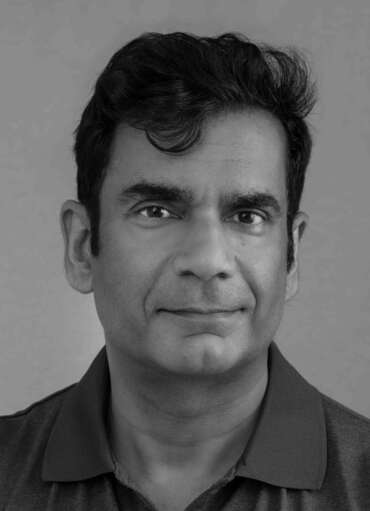Dr Ash Kapoor: We’re all going to live longer, healthier lives
How often do you upgrade your smartphone? What about your wardrobe? Or your car?
In today’s modern consumer capitalist world we feel compelled to upgrade our possessions for the latest and greatest versions to try to look and feel as good as possible.
But how much time, money or energy do you spend upgrading or optimising yourself so that you are able to perform at your highest possible level?
Brain function, muscle function, alertness, stress management, recovery from injury as well more intangible factors like joyfulness and freedom from suffering.
All these things can – and arguably should – also be optimised or at least addressed, and with a greater sense of urgency than most of us pay to our gear and gadgets.
In our exclusive interview with self-professed “longevity athlete” Bryan Johnson you met the highest-profile personality and public face of the longevity and anti-ageing movement.
But there are many experts in this field working behind the scenes at the coal face of anti-ageing research and regenerative medicine around the world.
One such authority is specialist regenerative medicine physician Dr Ash Kapoor. In our in-depth conversation, he explains that we live in a world where there’s a mismatch between our cells and our environment, and that this creates problems for our health and wellbeing.
The good news is that there’s plenty you can do to mitigate the damage caused by this discrepancy.
In a wide-ranging conversation Dr Kapoor reveals the myriad benefits of regenerative medicine, and the ways in which it can help you optimise your physical and mental capabilities to live smarter.
Some practices have existed since time immemorial, such as fasting. Others are at the bleeding-edge of biomedical developments, including peptides and nutritional supplements. There are also innate mechanisms we can utilise to improve our resilience and fight back against many of the problems engendered by our modern lives. In short, regenerative medicine can address issues which would have seemed like science fiction not long ago.





